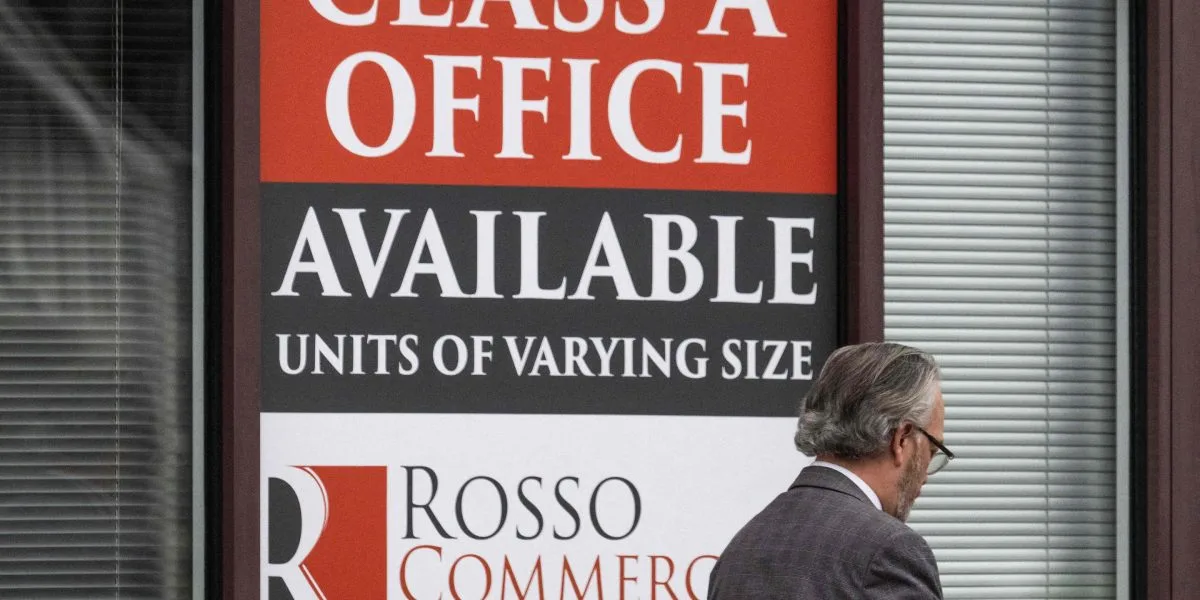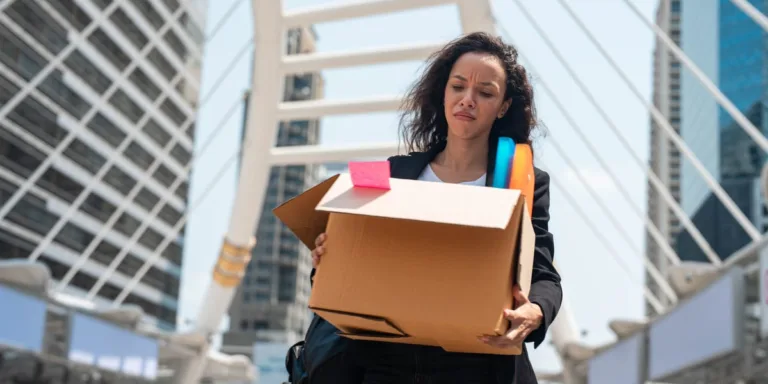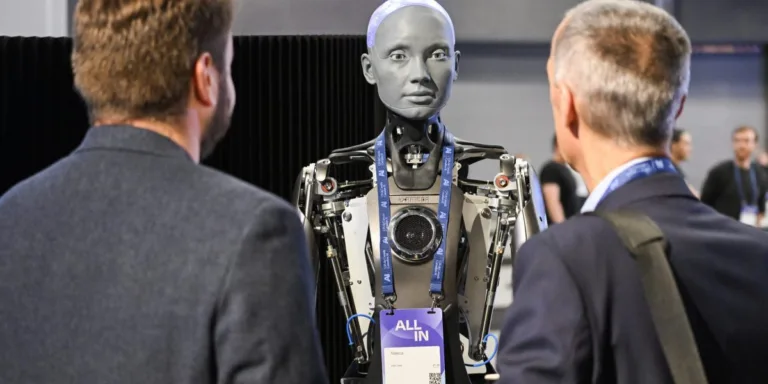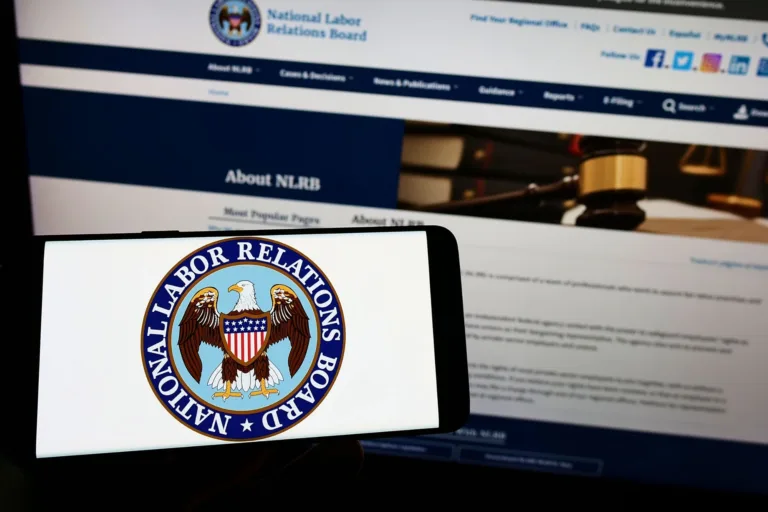The Changing Landscape of Economic Development Incentives
Before the COVID-19 pandemic, U.S. businesses were receiving an average of $30 billion annually in local and state tax incentives for job creation. These incentives often required employees to work from a central office located in the tax-break-granting city or state. However, the pandemic has caused a significant shift in the nature and location of work, prompting several states to backtrack on enforcing these old tax incentive rules.
While economic development incentives are designed to drive positive economic outcomes, their effectiveness has always been uncertain. The combination of emerging communication technologies and remote work policies during the pandemic has disrupted the traditional workplace model, making it necessary for economic development incentives to adapt to the new reality.
The changes in workplaces and cities present both challenges and opportunities. While many companies prefer employees to work in the office for collaboration and organizational benefits, employees themselves often dislike commuting. Governments can help define a new reality of work that emphasizes the productive and social benefits of in-person collaboration, while also considering the well-being of employees.
A reimagination of economic development incentives could involve shifting focus towards public amenities and building improvements that attract workers to physical workplaces. This might include outdoor public spaces with high-speed wifi, comfortable seating areas, and recreational facilities. Tax relief and regulatory assistance can facilitate the transformation of traditional office spaces into more human-friendly environments.
The future of work is undergoing significant change, and local governments should prioritize innovative approaches to foster economic growth. Instead of punitive reviews of outdated contract clauses, there needs to be an emphasis on adaptability and out-of-the-box thinking to create thriving economies in the post-pandemic era.
Jim Small, CEO of SANTÉ Realty Investments, emphasizes the need for governments to embrace the evolving landscape of work and economic development to ensure long-term success.







